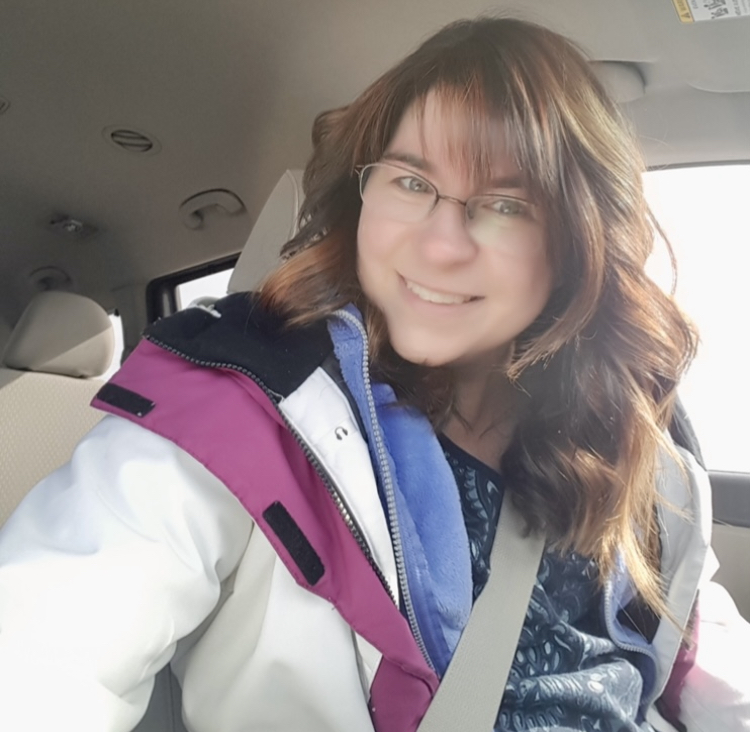The story of Karen
Rare conditions can affect anyone, at anytime, anywhere. Geographic location, economic status, education, and gender. None of these things precludes any global citizen from being affected. As a patient with Ehlers-Danlos Syndrome, Mast Cell Activation Syndrome, POTS, Breast Cancer, Lymphedema and cPTSD, I can say that rare found me. Rare is often isolating and can make an individual feel cut off and segregated from the world that surrounds them. That is, in my experience, one aspect of rare I live with.
For the rest of the world, rare is often an attribute to be coveted. We hear “rare prowess” and understand that the world consensus is this is a status and station an individual should aspire to. When it comes to having a rare condition or disease, however, the world is tipped upside down and suddenly our community finds itself on the bottom looking up. Insurance companies, local physicians, and people in the grocery store for that matter, often do not see us as having worth let alone value. Being a population of one can set you on the highest throne or deposit a person on an island unto themselves. It is entirely dependent on society’s perception. Perceptions which acknowledge no international borders. Rare can be both rewarded, revered, and celebrated or openly mocked, ignored, and targeted. It all depends on perspective.
It’s two sides of the same coin with a shared constant that rare is universally blind to whom it affects. It is this quality of neutrality that I think has the most promise. I realize that this seems like an odd thing to say but from Rare’s perspective we are all equal. That is something we can work with. Rare does not judge. When I cannot find value in a single thing about my rare conditions that is the knot I tie in the end of my rope.
Regardless of our station in life we all, as human beings, have some aspects of a shared experience. The power of that shared experience has brought individuals from across the globe together to share their talents and expertise to help people like myself. Rare, if I can personify it, has sparked an international collaboration to solve problems and seek solutions. At the very least, it has fostered compassion between strangers to extend a hand and help lift others up.
Life, at my moment in time, can be lonely and scary. It is often a reflection of interactions with other individuals and their opinions regarding my diagnoses. Reflections, however, are not one sided and they cannot exist in the dark. I try to hold as tight to this as Dorothy did to her shimmering Ruby slippers.
It is not easy. I live with the negative side of being rare every day. In fact, I have written articles for The Mighty expressing that frustration: “Why Medical Access Should Not Require a Black Belt in Mental Health” and “When You Have to Fight Insurance as a Breast Cancer Survivor.” I have an intimate understanding of what life is like if you are rare. My cPTSD is rooted from the uninvited dynamic I am forced to experience with the outside world every day. I work with a trauma therapist weekly for a reason.
Taking time to focus on what is good and positive does not mean I exclude the traumatic and negative things I experience on a daily basis. Toxic positivity is not where I am going with this. Often there is nothing I can do about the situation I find myself in. It’s the preverbal rope bridge on fire at both ends with a pit of tigers underneath it. In order to survive the circumstance I need to take a breath which in turn gives me the courage to take another step. International Rare Disease Day presented itself as that next step exactly when I needed it and helped restore my faith that there are good people in the world. We can’t always see them or directly benefit from their endeavors but, they represent the possibility of what could be for all people, not just people like me. Sometimes being a light in someone else’s life might be all that you have to offer. Isn’t that a place to start? As individuals with rare conditions we have been thrown to the wolves but, I also believe that this is an opportunity to come back leading the pack with a healthier global social construct. The international approach to treating rare conditions has the potential to affect more than just disease outcomes and be a beacon in the dark night that society often finds itself in.
That is why this one night, February 28th means so much to me personally. Illumination, for me, represents the possibilities of what could be for all of us as global citizens. Kindness is a verb not an obscure noun. It represents the universal language of action. Wouldn’t it be something if our community could continue to perpetuate that momentum until being kind isn’t rare at all? Where lines of longitude and latitude do not separate us but, channel us to a strong broad base of equity in life for all. Sometimes the only thing I have is hope. It is hope that allows me to believe that there are more things that connect us even if those things are only the lights in a night sky.
